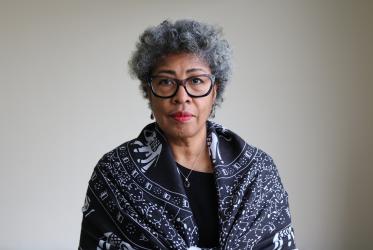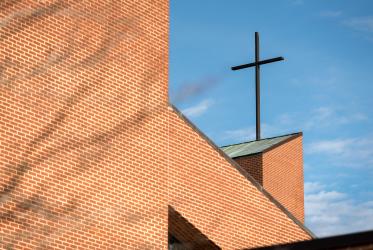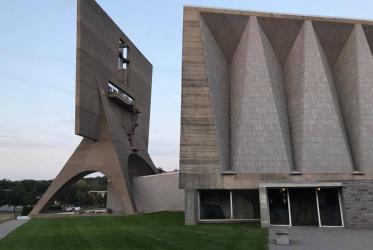Displaying 1 - 20 of 22
Perkins names Dr Evelyn Parker as 2021 Distinguished Alumna
11 November 2021
Churches should use their voice on climate change
26 February 2020
WCC pressing ahead with disarmament work
28 August 2019
WCC statement welcomes hopeful turn in Korea
20 June 2018
Dozens of countries sign nuclear weapons ban treaty
20 September 2017
Emily Welty: tide of hope for a world free from nuclear weapons
19 September 2017
Tveit: search for unity “an urgent need today”
09 September 2017
WCC encourages churches to pray on Hiroshima Day
06 August 2015









